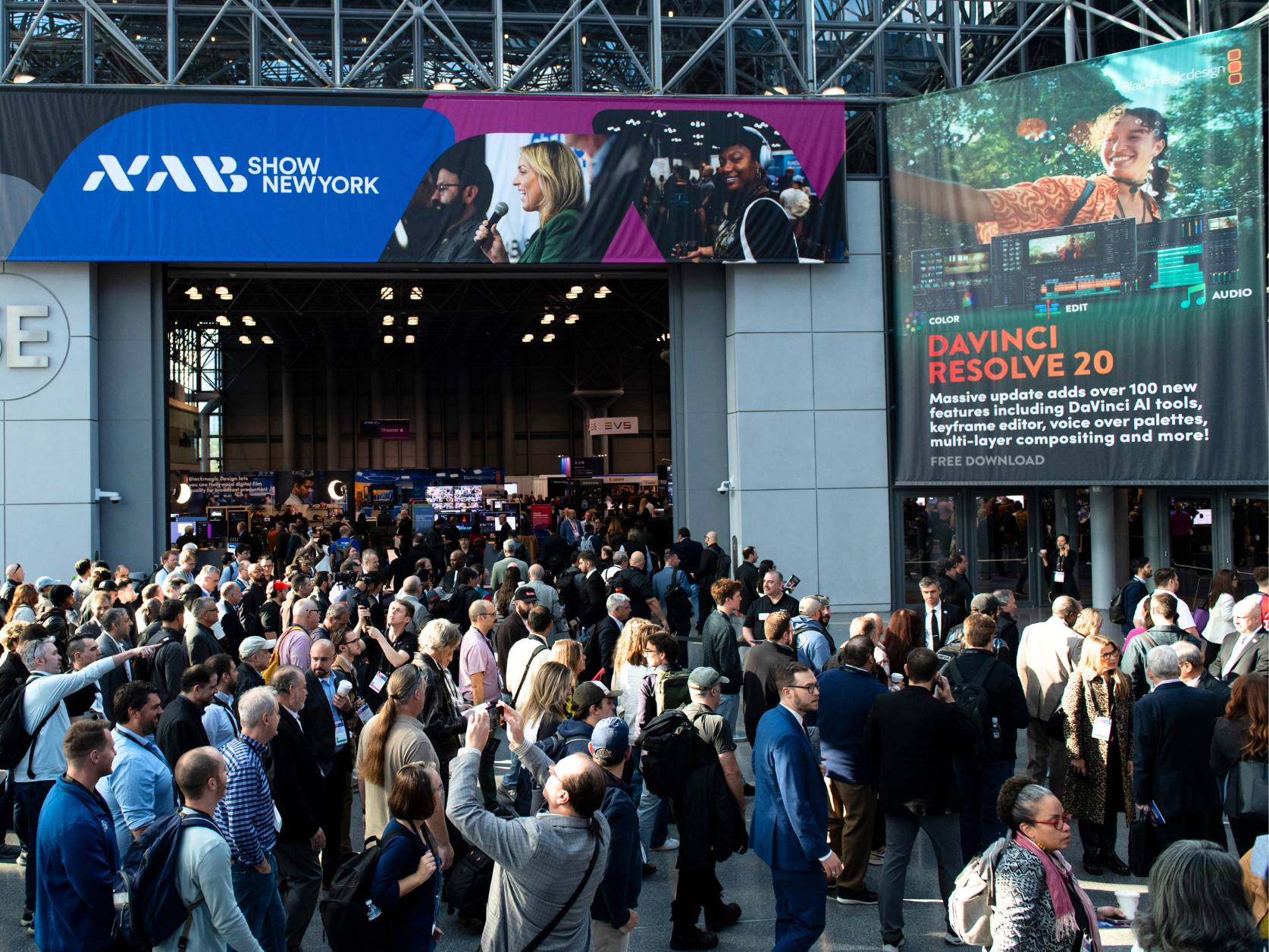Sustainability is a growing concern for the space industry, as huge numbers of satellites are being launched into orbit. To help us unpack the issue, we invited Amin Chabi, the Founder & CEO of Lúnasa Space, to speak to us about it on Episode 43 of The Satellite & NewSpace Matters Podcast. He shared his views on debris removal and in-orbit servicing, which you can read here.
“Space sustainability is of growing importance, not just for commercial companies, but also for the governments that have their own assets in space. Every few weeks or months, we see news coming out that some company or region is starting to build mega satellite constellations in space. We recently heard of a third company from China registering for 10,000 satellites. If these mega constellations come into effect, we’re looking at about 100,000+ satellites going into orbit in the next 7-10 years. Managing such a fleet in space is challenging, and we should expect things to go wrong.
There will probably be a sudden increase in satellites launching into orbit now that the launch costs have dropped, so the possibility of a non-operational satellite colliding with another non-operational satellite will dramatically increase. It’s something that we cannot control. What we need to do internally at Lúnasa Space and then as governments, is show how we can commercially solve the matter, with the government’s support with, let’s say, enabling services. That’s what we usually see in the space/defence industries, where the government starts funding the removal of debris, hoping that these services will get commercial traction.

At the moment, commercial companies are not very interested in paying to remove their satellites. But why is that? There are no licensing regime requirements, saying that if your satellite was non-operational, you will have to pay to remove it yourself, otherwise you won’t get a licence again. There just isn’t anything pushing these companies to remove their satellites. I’ve spoken to companies in the past that were launching satellites into orbit for just a few hours of operation, and the satellite stayed in space for several years. That’s where the objective of space is not correct. It will damage our future environment if nothing changes.
We need to look internally at companies like that and think, how can we make these removal offerings more commercially attractive? What can we provide? Some companies are launchers that are transporting satellites into space, then they have further capabilities on board to grab a dead satellite and bring it back on the return journey. Now, that can reduce the costs a lot, because you’re already your primary objective, which is a transporting service, and you’ve got a good revenue potential from that. The cost of the secondary objective of removing debris can be reduced a lot because you have already made a premium.
There are other solutions as well, such as reusable assets and space trucks which can grab other satellites. There are other services like refuelling that add more servicing opportunities or commercial opportunities to satellites. There are several areas, but I think it has to start with commercial companies like us, planning a way to remove dead satellites in a way that can benefit the end users. Otherwise, if they’re not happy to pay, the number of non-operational satellites will increase, which will become a hazard for our other operational satellites, which matters for our daily lives on the planet.”
To hear more about space sustainability, tune into Episode 43 of The Satellite & NewSpace Matters Podcast here.
We sit down regularly with some of the biggest names in our industry, we dedicate our podcast to the stories of leaders in the technologies industries that bring us closer together. Follow the link here to see some of our latest episodes and don’t forget to subscribe.


